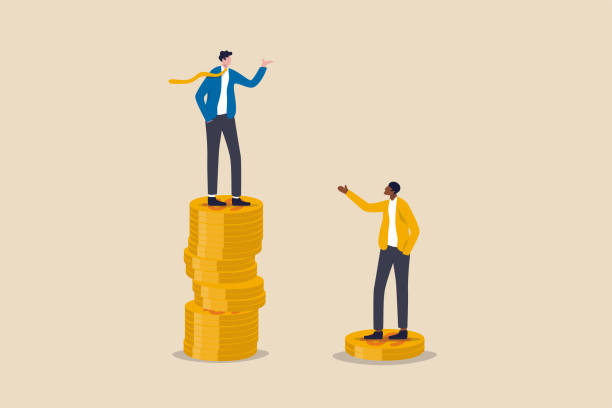nalyze huge amounts of personal data from regular people like bank info, travel plans, and even medical records in order to find possible threats before anything bad happened. Even though the program was eventually shut down because people were upset about it, the idea of using data and technology for surveillance hasn’t gone away, which is highly unsettling.
At first glance, the program may sound like a good idea. If the government can use data to stop a terrorist attack or catch someone planning something dangerous then maybe it’s not so bad. Being able to find threats faster and possibly before they even occur could help protect people and save lives. Additionally the program might even make things run better and allow us to do things like responding to emergencies faster.
Although on the other hand when you look more into it, giving the government that much access to everyone’s personal information brings up a lot of problems and concerns. For starters, this means us as citizens lose a lot of our privacy. Imagine every time you send a text, buy something online, or go somewhere, it’s being tracked by the government. That’s kind of scary especially if you haven’t done anything wrong. There’s also the risk of mistakes and false accusations. Imagine if a computer system flags someone as a threat just because of a weird search or travel pattern? That person could end up getting questioned or even arrested for no real reason all because of an innocent search.
Another big issue is how people might act if they know they’re always being watched. They might stop speaking up or sharing their opinions out of fear. This is bad for democracy because people should be able to express themselves without being scared of getting in trouble. Sianna College even did a study to prove this and found: “84% Say Americans being Afraid to Exercise Freedom of Speech is a Serious Problem”
If constant surveillance becomes normal in our society, we could end up living in a world where privacy doesn’t exist anymore. Additionally the surveillance would raise the issue that different groups of people would probably be affected in different ways. Rich people might have better ways to protect their privacy, like using expensive tech or hiring private lawyers. While on the other hand poorer people might get watched more closely or judged unfairly because of stereotypical assumptions. Also, people from minority communities, including racial minorities or LGBTQ+ people, might be targeted more often, especially if the system has biases which would most likely be the case in our society.
The older generation might not even realize how much they’re being watched, or they might think it’s okay if it helps keep them safe but younger people, like us, who are more aware of how tech works know this is a serious issue.
Our generation is probably going to deal with this invasion of privacy the most. We're growing up in a time where being tracked online is super common and we have never really known a time before constant online monitoring. With that being said, our generation also has the power to fight back and can push for better privacy laws, more ethical tech, and more transparency from those in charge. The future depends on what we do now. We have all the resources to understand what is going on, resources older generations didn't have.
Even though TIA itself isn’t active anymore, the idea behind it is still alive and not slowing down. We need to decide if we’re okay with our every move online being watched or do we want a world where we are free from the government's unfair power over us? I know I don’t want to have to live like this and will be more conscious of my technology use going forward.









No comments:
Post a Comment